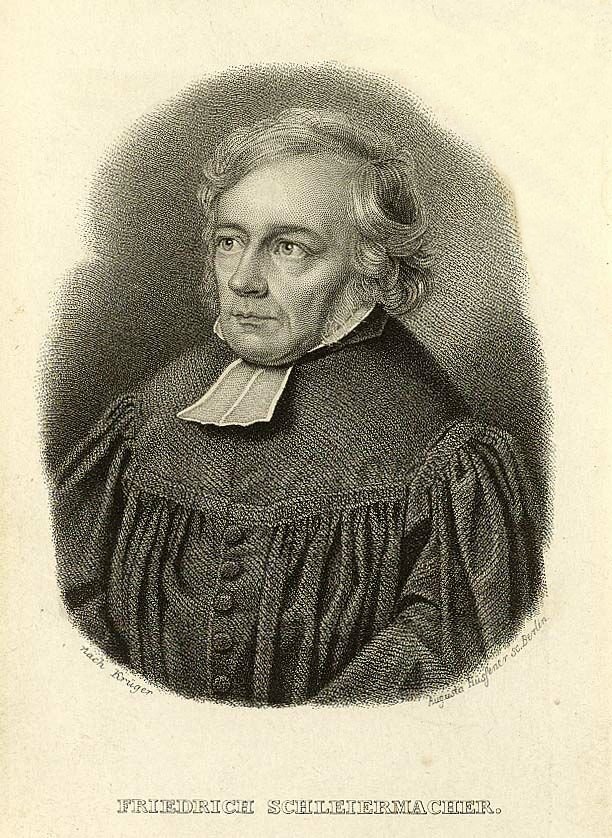
Hermeneutics
Hermeneutics (/hɜːrməˈnjuːtɪks/)[1] is the theory and methodology of interpretation,[2][3] especially the interpretation of biblical texts, wisdom literature, and philosophical texts.[4][5] As necessary, hermeneutics may include the art of understanding and communication.[6]
"Philosophical hermeneutics" redirects here. For other uses, see Hermeneutics (disambiguation). For the history of hermeneutics, see History of hermeneutics.
Modern hermeneutics includes both verbal and non-verbal communication,[7][8] as well as semiotics, presuppositions, and pre-understandings. Hermeneutics has been broadly applied in the humanities, especially in law, history and theology.
Hermeneutics was initially applied to the interpretation, or exegesis, of scripture, and has been later broadened to questions of general interpretation.[9] The terms hermeneutics and exegesis are sometimes used interchangeably. Hermeneutics is a wider discipline which includes written, verbal, and nonverbal[7][8] communication. Exegesis focuses primarily upon the word and grammar of texts.
Hermeneutic, as a count noun in the singular, refers to some particular method of interpretation (see, in contrast, double hermeneutic).
Criticism[edit]
Jürgen Habermas criticizes Gadamer's hermeneutics as being unsuitable for understanding society because it is unable to account for questions of social reality, like labor and domination.[87]